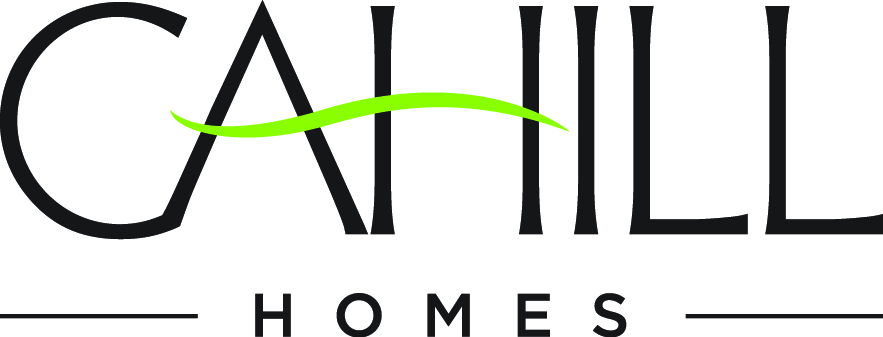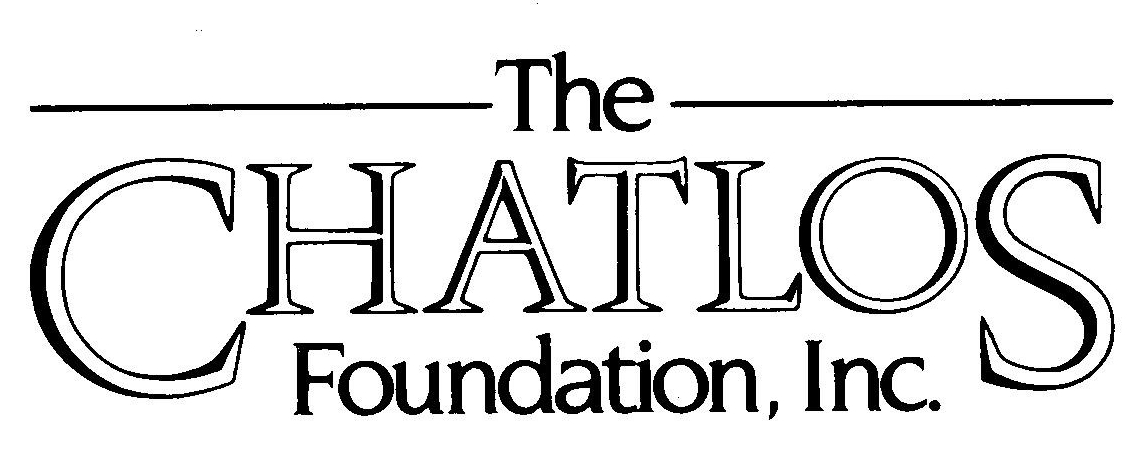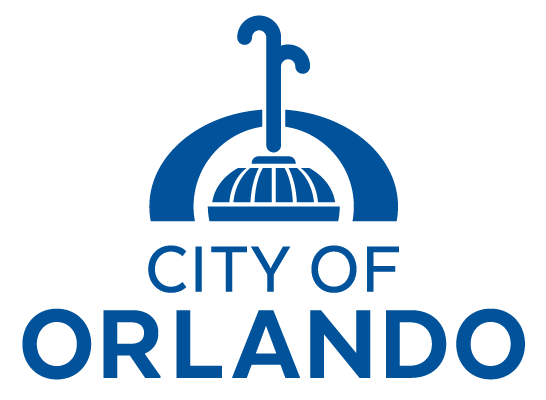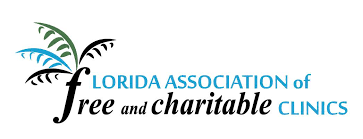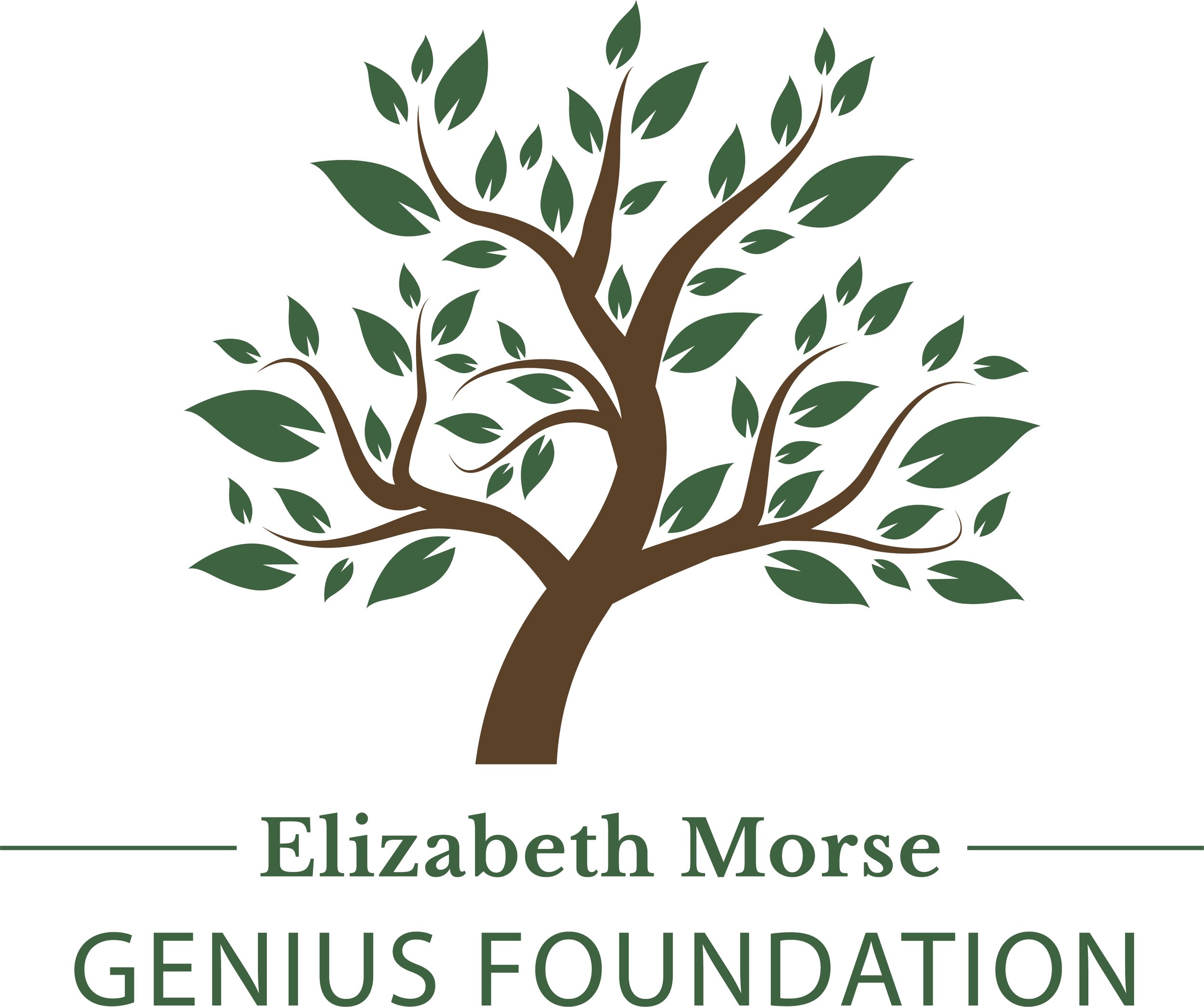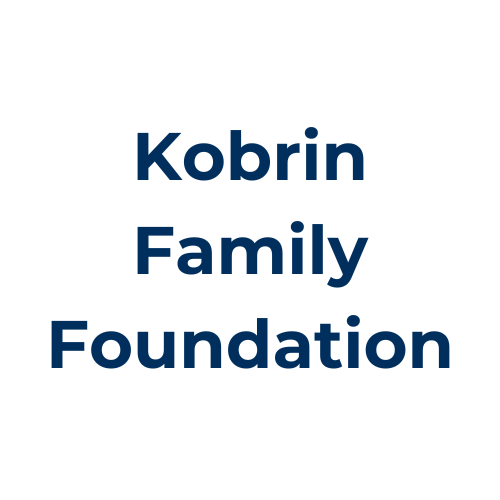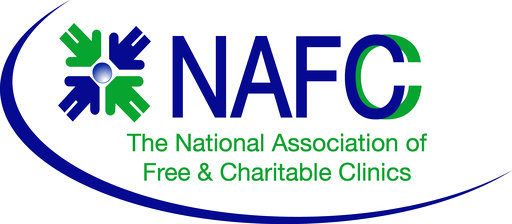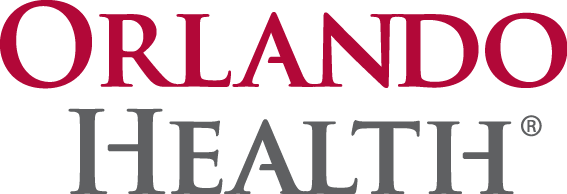Potential Tax Advantages Associated with Giving
The Federal government has established a variety of tax incentives to encourage charitable giving. These incentives may reduce your income tax, capital gains tax and/ or estate taxes.
Income Tax Generally
Charitable donations made to Grace Medical Home (a qualified public charity) during life are tax deductible and may reduce the amount of income tax due if your total itemized deductions exceed the standard deduction.
In many cases, you are entitled to a deduction amount equal to the fair market value of your contribution.
Although charitable contributions to Grace Medical Home are 100% deductible, there are limitations against your Adjusted Gross Income (AGI) to what you can deduct in a given year: But, certain limited deductions may be carried forward to certain later years.
Cash – deductions for cash contributions are currently limited to 60% of your AGI
Appreciated Securities - deductions for appreciated marketable securities are currently limited to a portion of your AGI.
Example - Compare donations to Grace Medical Home (GMH) of a cash gift of $75,000 and a gift of $75,000 of a marketable stock (AB stock) held for more than one year with a cost basis of $10,000. Assume AGI is $150,000. Assume also a tax rate on ordinary income of 24% and a tax rate on long-term capital gains of 15%.
Summary
As the chart shows, GMH receives $75,000 in assets under both scenarios, but the contribution of AB stock is preferable primarily because the income tax on the capital gain is avoided by the donation.
Capital Gains Tax
Short-Term Assets: Short-term assets are those appreciated assets owned for one year or less.
If you sell the asset first and donate the proceeds to Grace Medical Home, any gain on the sale will be taxed to you at the ordinary income tax rate.
If you donate the asset, your income tax deduction will be limited to the lesser of FMV or your cost basis in the asset.
However, the IRS will treat this like a cash contribution, and it will be deductible against AGI up to 60% for a gift to Grace Medical Home.
Long-Term Assets: Long-term assets are those appreciated assets owned for more than one year.
Long-term capital gains are taxed at lower rates.
When donating long-term appreciated securities rather than selling the securities first and then donating the after-tax proceeds, you will potentially be able to eliminate taxes on the capital gains, so Grace Medical Home receives a larger donation.
Non-Cash Giving
Cash and checkbook giving are some of the most common ways to donate to Grace Medical Home.
You may want to give more to Grace Medical Home, but do not have cash to do so.
We can help you navigate potential non-cash giving sources. Assets Grace Medical Home may be able to receive:
Appreciated Publicly Traded Securities/Stock (which you have owned for more than one year)
There may be special circumstances and limits when contributing both cash and appreciated assets that warrant consulting with your advisor or tax professional.
Retirement Plans
If you are over a certain age, you can make a contribution to Grace Medical Home through an IRA Qualified Charitable Distribution and, under current law, avoid income tax on a portion of the distribution. Such a gift is not subject to the AGI limits on charitable gifts.
Estate Tax Generally
An estate tax is charged on the net value of your estate before it is passed on to your beneficiaries or heirs.
Many people are not affected due to several exclusions and exemptions.
For example, charitable donations to a qualified public charity like Grace Medical Home can be used to reduce this tax.
Unlike income tax deductions, there is no limit to how much of the gift can be deducted from your estate tax.
Typically, donations that qualify for estate tax deductions occur at your death according to the directions set in your will, trust, or other legal arrangement.
You may also want to consider incorporating charitable giving into your financial plan during your lifetime, as a charitable gift while you are living to remove the gifted assets (and any future appreciation related to those assets) from your estate.
EXAMPLE
You have a $500,000 IRA and, at your death, you want to leave 10% of the IRA to Grace Medical Home and the remainder to your
spouse or children. To accomplish this, you would complete a beneficiary designation form that could look like the following:
PRIMARY BENEFICIARY: 10% to Grace Medical Home, if it is in existence and described in Sections 170 and 2522 of the Internal
Revenue Code.
The information and content provided herein is general in nature and is for informational purposes only. It is not intended, and should not be construed, as a specific recommendation, individualized tax, legal, or investment advice. Tax laws are subject to change, either prospectively or retroactively. Where specific advice is necessary or appropriate, individuals should contact their own professional tax and investment advisors or other professionals (CPA, Financial Planner, Investment Manager, Attorney) to help answer questions about specific situations or needs prior to taking any action based upon this information.








